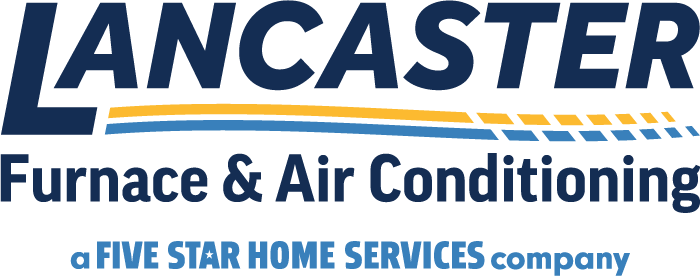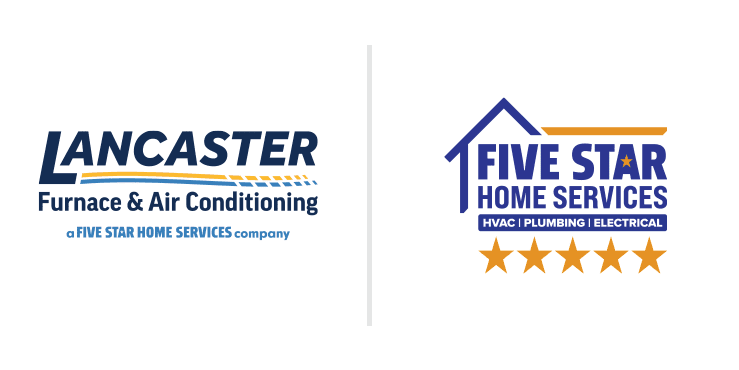October is National Fire Prevention Month, designated to raise awareness about fire safety. Originally starting as a week commemorating The Great Chicago Fire of 1871, it has now been extended to cover the entire month. It’s astonishing that approximately 358,500 house fires occur annually across the United States. What’s even more surprising is that experts say most of these incidents could be prevented through simple steps and proper maintenance.
Your HVAC system is a vital part of your home, bringing comfort and maintaining indoor air quality. However, if not properly maintained or used, it can pose potential fire hazards. To safeguard your home and loved ones, it’s crucial to be aware of some HVAC fire safety tips. In this blog, Lancaster Furnace & Air Conditioning will explore some essential measures you can take to minimize the risk of HVAC-related fires.
Regular Maintenance
Regular HVAC maintenance is vital for fire safety. Make sure to have a professional HVAC technician inspect and service your HVAC units at least once a year – preferably before the start of their first use of the season. During these visits, they can identify and address any potential issues, like frayed wires, loose connections, or blocked ventilation, that could potentially lead to fires.
Change Filters and Clean Ductwork as Recommended
Did you know that dirty air filters and clogged ducts can impact your HVAC system’s efficiency and even pose a fire risk? It’s important to replace filters as recommended by the manufacturer, usually every one to three months. And it’s also a good idea to have your ducts cleaned periodically to prevent dust and debris buildup. Generally speaking, ductwork should be cleaned once every three to five years.
Stay Vigilant for Electrical Components or Faulty Wiring
Faulty electrical components can pose a significant fire risk. Therefore, it’s important to be vigilant for warning signs like flickering lights, tripped circuit breakers, or burning smells coming from your HVAC unit. If you happen to notice any of these issues, it’s best to reach out to a professional as soon as you are able.
Keep Combustibles or Flammables Away from the Unit
Make sure to keep flammable materials or chemicals away from your HVAC units. Things like cardboard boxes, rags, paper, paint, cleaning solutions, and other household chemicals should be kept away from the unit. They can easily combust or catch fire if there’s a malfunction or overheating. It’s a good idea to maintain a clear space around your HVAC equipment to minimize the risk of fire spreading. There should be enough room to account for sufficient airflow around the unit.
Educate Your Family About Fire Safety Methods
Make sure your loved ones are well-informed about the significance of HVAC fire safety. Take the time to teach them how to turn off the HVAC system during emergencies and make sure they are aware of the whereabouts of fire extinguishers and emergency exits.
Formulate a Fire Escape Plan
In case of a fire, it’s important to have a well-practiced fire escape plan ready. Make sure everyone in the house knows the quickest exits, and choose a safe meeting spot outside your home. It’s crucial that everyone understands the plan and is prepared to follow it.
By following these simple HVAC fire safety tips, you can minimize the risk of fires and ensure the safety of your home and loved ones. Remember, regular maintenance and vigilance are key to creating a secure and cozy living environment. We recommend keeping up with your regular maintenance to make sure your HVAC system meets current standards and runs smoothly. We want to make maintaining your home and HVAC system a seamless process, so give us a call to find out more about our Whole Home Protection Plan and keep your home and HVAC system in great shape. You can count on us!
Call Lancaster Furnace & Air Conditioning today at (740) 625-2320, or schedule an appointment online now by clicking here!













